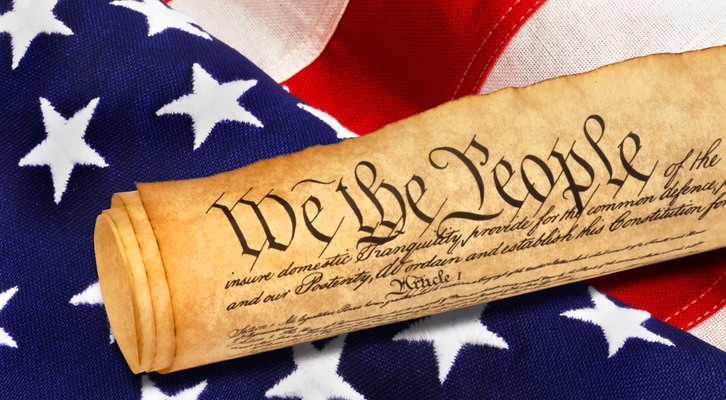(ThyBlackMan.com) Everyone with substantial amount of properties and assets should have a will to make sure that upon their death, properties will be distributed to the right people. Probate laws were made to protect the rights of heirs, creditors, and property owners in order to assure orderly collection, preservation, distribution, and transfer of properties. An estate may be subject to probate whether there is a will or not. The court will have to determine whether the will is valid or if the beneficiaries are qualified if there is no will.
Probate is the formal process by which an administrator is appointed as personal representative in collecting all assets, paying dues, expenses and debts, and distributing the remainder of the estate to the rightful beneficiaries.
This procedure occurs after the death of the will maker and is done for the purposes of allowing the transfer of the title and for the estate to be distributed to the proper heirs upon the payment of charges and debts against the estate, or further claims by creditors against the properties in question.
The entire probate process involves more than just writing down which assets you want to leave to whom. There may be several tax and legal issues to address. Proper estate planning will save your family the unpleasant experience of having to deal with challenges to the will after you pass away.
If someone had a will and one of their properties is subject to probate, the executor (nominated by the will maker in their will), needs to present the will probate in a courthouse in the place where the decedent owned the property. If the deceased failed to create a will, the child or spouse is appointed as administrator. Often, the court chooses either the eldest child or spouse of the deceased. Consulting Probate Specialists can help you navigate the complexities of managing property sales or distributions during this process, ensuring everything complies with legal requirements.
What is the Difference of a Will from an Estate Plan?
An estate plan includes a set of documents for the purpose of planning for disability or death. Documents include a living will, power of attorney, a trust, life insurance accounts, or retirement accounts. A will, on the other hand, outlines and directs the distribution of assets and properties upon the death of the will maker. It also names the person appointed to distribute all the properties.
A person who dies without a will does not have control over the disposition of the probate property. Instead, the State Laws will make the decision as to whether the properties will be distributed to relatives based upon the relationship of the person, whether blood or marriage, to the prospective beneficiaries. If there are no qualified beneficiaries, the estate ends up in the hands of the government.
The probate process can take a few years before the estate is finally awarded to the heirs especially if it is a contested one. Estate owners take various steps to avoid probate. Whether you are planning to create a will, contesting a will or fighting for your rights as a beneficiary, consult a lawyer to help you decide the best plan for your situation.
Staff Writer; Charles Evans
















I’ve heard the word “probate” before, but I never understood what it meant. Thanks for explaining that probate is the formal process by which an administrator is appointed as a personal representative in collecting assets and distributing the remainder of an estate to the rightful beneficiaries. It’s probably really stressful for a family to try and do that by themselves when a loved one dies, so having a probate attorney who is in charge of that can allow the family to grieve and mourn their loss.
Thanks for this post. If I may add, in NSW, Australia, obtaining a grant of probate takes up to 7 working days.